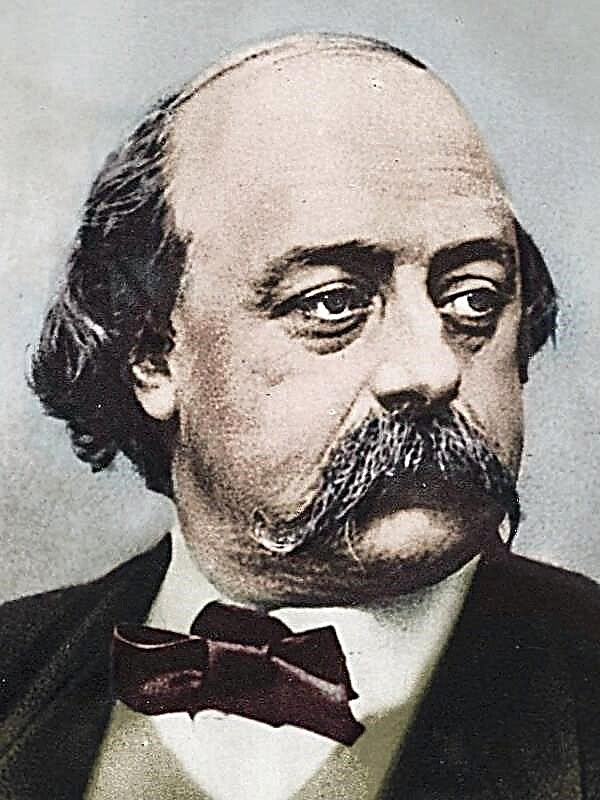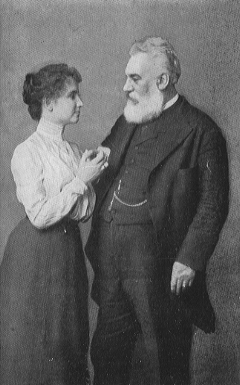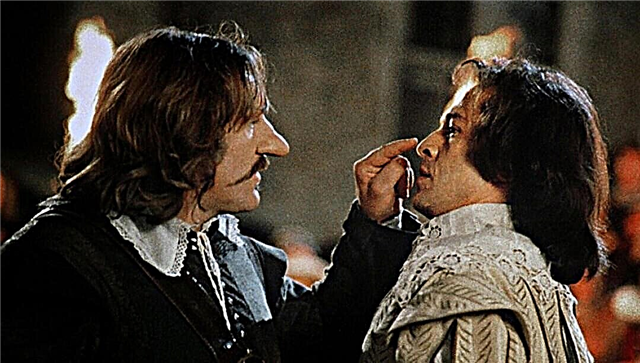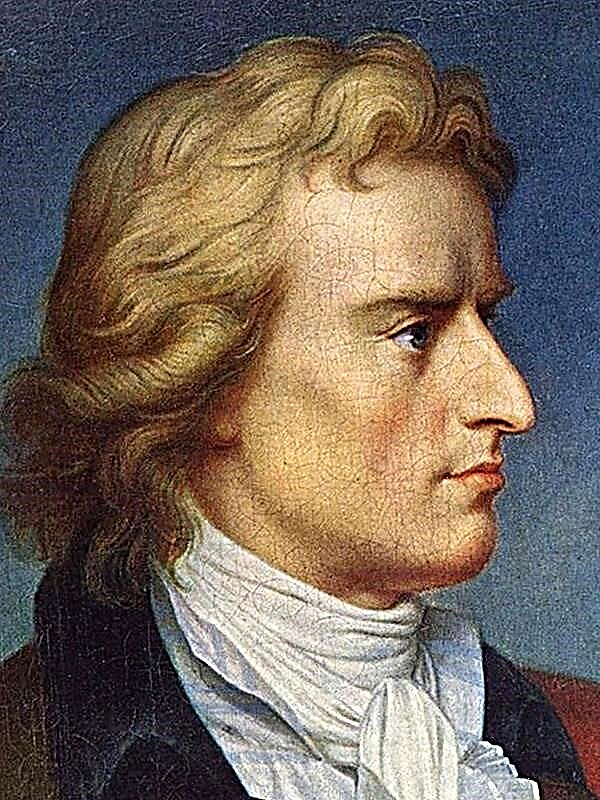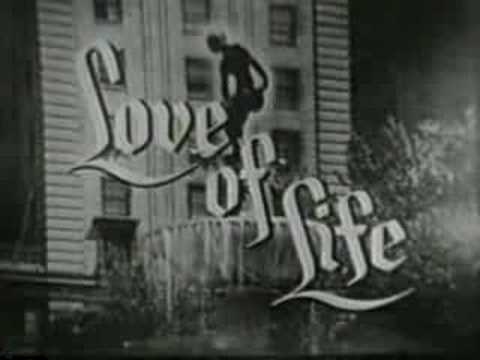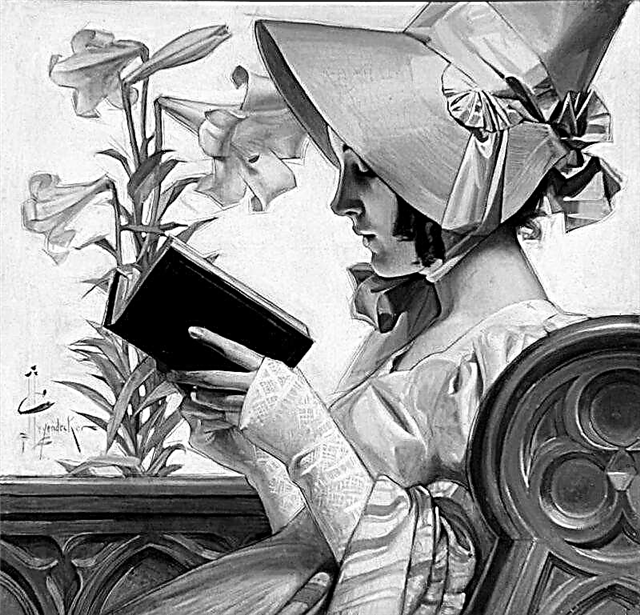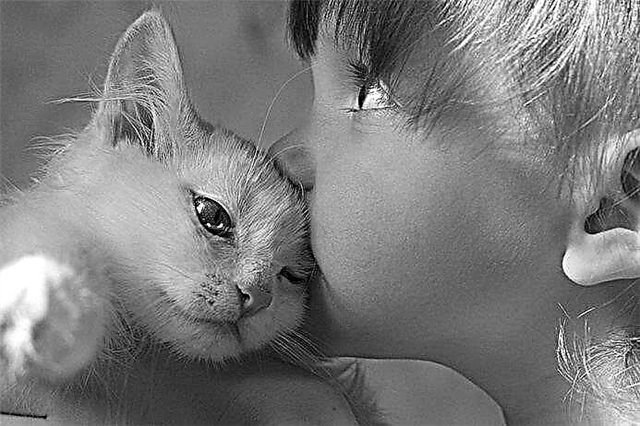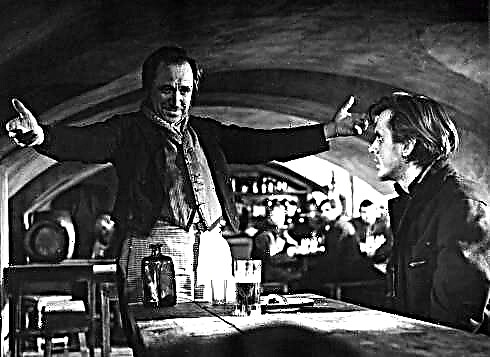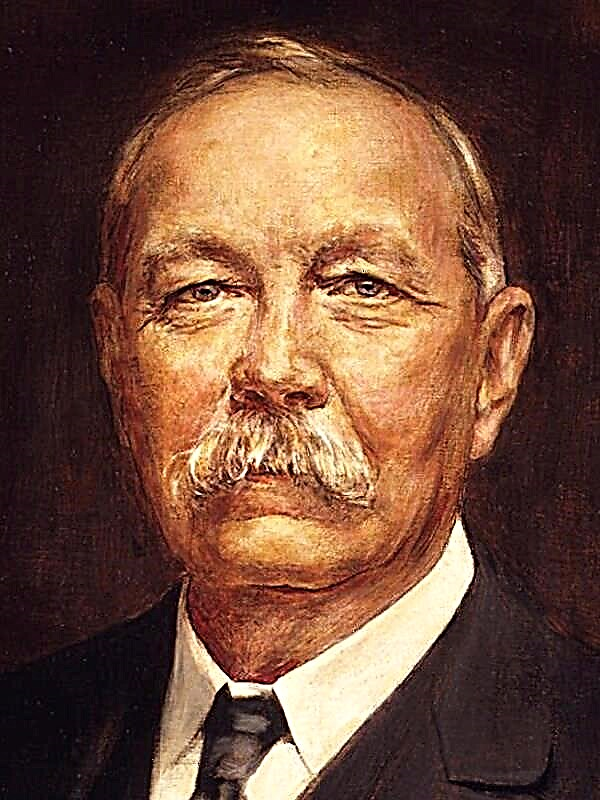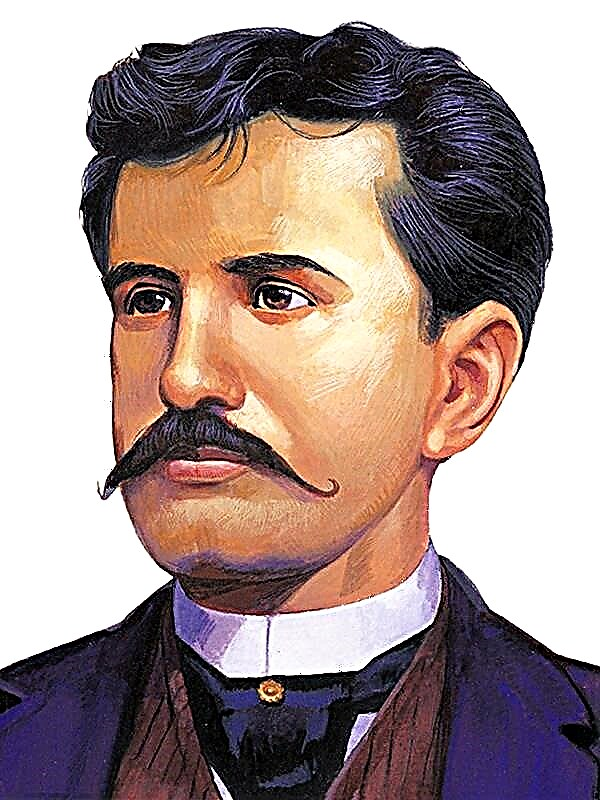Each of the inhabitants of the earth is the result of countless additions: four thousand years ago in Crete, love could begin, which ended yesterday in Texas. Every life is a moment open to eternity, says Wolfe. And now - one of them ... Eugene Gant is a descendant of the Englishman Gilbert Gant, who arrived in Baltimore from Bristol and became related with a German family, and the Pentlands, in which Scottish blood prevailed. From his father, Oliver Gant, a stone carver, Eugene inherited explosive temperament, artistic nature and actor's festive speech, and from his mother, Eliza Pengland - the ability to methodical work and perseverance.
Eliza's childhood passed in the years after the Civil War in poverty and deprivation, these years were so terrible that they developed in her stinginess and an insatiable love of property. Oliver Gant, by contrast, was distinguished by his breadth of nature, impracticality and almost childish egoism. Having settled in Altamont (as Wolfe renamed his hometown Asheville in this autobiographical novel) and married Elise, Gant built a picturesque home for his wife. But this house, surrounded by a garden and twined with vines, which was the image of his soul for the husband, was only real estate, a profitable investment for the wife.
From the age of twenty, Eliza herself began to gradually acquire real estate, denying herself everything and saving up money. On one of the previously purchased plots, Eliza persuaded her husband to build a workshop. Eugene remembered how marble gravestones stood at the entrance to his father’s office, among which stood a heavy, sweetly smiling angel.
For eleven years, Eliza gave birth to Oliver nine children, of whom six remained alive. The last one, Eugene, she was born in the autumn of 1900, when there was a stuffy hall in the house from ripening apples and pears spread out everywhere. This smell will haunt Eugene all his life.
Eugene remembered himself almost from birth: he remembered the suffering from the fact that his infant intelligence was entangled in a network and that he did not know the names of the objects surrounding him; remembered how he looked from the dizzy heights of the cradle to the world below; he remembered how he held in his hands the cubes of his brother Luke and, studying the symbols of speech, trying to find a key that would finally bring order to chaos.
There was a constant ruthless war between father and mother. Different temperaments and different attitudes provoked constant skirmishes. In 1904, when the World Exposition opened in St. Louis, Eliza insisted on going there, renting a house, and renting out visitors from Altamont. Gant hardly agreed to this business of his wife: his pride suffered - the neighbors might think that he was not able to support his family. But Eliza felt that this trip should be the beginning of something more for her. Children, except for elders, went with her. For little Eugene, life in the "fair" city seemed a bit of a vivid surreal nightmare, especially since his stay there was overshadowed by the death of twelve-year-old Grover - the saddest and most tender of the Gantes' children.
But life went on. The family was in its prime and full of life together. Gant poured out his scolding at home, his tenderness and an abundance of food supplies. Children enthusiastically listened to his eloquent philippics against his wife: thanks to daily practice, the eloquence of his father gained the harmony and expressiveness of classical rhetoric,
Already at the age of six, Eugene took the first step to freeing himself from the isolation of domestic life: he insisted on attending school. After conducting it, Eliza cried for a long time, intuitively feeling not the usualness of this child and realizing that her son will always be immeasurably lonely. Only silent Ben had some kind of deep instinct pushed towards his younger brother, and from his small salary he scribbled a part for gifts and entertainment for Eugene.
Eugene studied easily, but relations with classmates were not in the best way: the children felt a stranger in him. The boy’s vivid imagination distinguished him from others, and although Eugene envied the emotional insensibility of his classmates, which helped them easily endure school punishments and other deformities of life, he himself was arranged differently. As a teenager, Eugene eagerly absorbs books, becomes a regular in the library, mentally loses the plots of books, becoming the hero of works in dreams. Fantasy takes him up, "erasing all the dirty strokes of life." Now he has two dreams: to be a beloved woman and to be famous.
Eugene's parents - staunch supporters of the economic independence of the children, especially the sons - sent them all to work as early as possible. Eugene first sold greens from the parent's garden, and then newspapers, helping Luke. He hated this job: in order to foist a passerby through a newspaper, he had to turn into a bothersome little impudent.
From the age of eight, Eugene found a second shelter: her mother bought a large house (Dixieland) and moved there with her youngest son, hoping to rent rooms to residents. Eugene was always ashamed of Dixieland, realizing that supposedly poverty hanging over them, the threat of an almshouse is a fiction, the myth-making of greedy skopidomstva. The guests seemed to oust the Gantes from their own home. Eliza carefully did not notice any unpleasant circumstances if it brought money, and therefore Dixieland gained fame among women of easy virtue who, as it were, accidentally settled there.
Eugene's parents are offered to send their son as a gifted student to a private school. There he meets with Margaret Leonard, a teacher of literature, who became his spiritual mother. He spends four years as if in a fairy-tale country, absorbing - now systematically - books and honing his thought and syllable in conversations with Margaret. What he reads and imagines, aggravates his feeling for the South - "the essence and creation of dark romanticism." In Eugene, the inherently powerful talent of an observer and analyst is rapidly gaining strength - qualities necessary for a future writer. He acutely feels the duality of phenomena, the struggle of opposites embedded in them. He sees his own family as the microcosm of existence: beauty and ugliness, good and evil, strength and weakness - everything is present in it. Eugene feels one thing in his heart: only the love he has for his family gives him the strength to endure all their weaknesses.
Eugene is not yet sixteen when he enters the university of his native state, thereby causing envy among the other brothers (except Ben) and sisters. Eugene University, due to being too young, diligent diligence in studies and eccentric behavior, quickly becomes the object of general ridicule. Gradually, however, he learns the simple style of a student dormitory, and in terms of visiting the neighborhoods where girls of easy virtue live, he even overtakes many.
The First World War is almost unnoticed for Eugene, staying somewhere on the sidelines. According to rumors, Brother Ben was eager for war as a volunteer, but did not undergo a medical examination.
Soon this news gets a sad continuation - Eugene is called home: Ben has pneumonia. Eugene finds his older brother in one of the Dixieland rooms, where he lies, panting from the powerless rage on the life that gave him so little. This time, Eugene, more than ever, reveals the lonely beauty of this talented, unrealized person. Through the death of his brother, Eugene comprehends a truth unknown to him until then: everything exquisite and beautiful in human life is always "touched by divine corruption."
Soon, Eugene ends his studies, but his soul breaks further, he has little university wisdom at a provincial university. A young man dreams of Harvard. Reluctantly, the parents agree to send him there for one year, but the brothers and sisters demand that in this case Eugene give up his share of the inheritance, Eugene, without hesitation, signs the necessary documents.
Leaving his hometown, Eugene feels that he will never return here. Except for the father’s funeral, the old Gant has retired and is decrepit every day. Eugene wanders around the city, saying goodbye to the past. Suddenly, he sees next to him the ghost of a dead brother.
“I forgot the names,” Eugene complains. - I forgot my face. I only remember the little things. Oh Ben, where is the world? ” And he receives the answer: "Your world is you."

